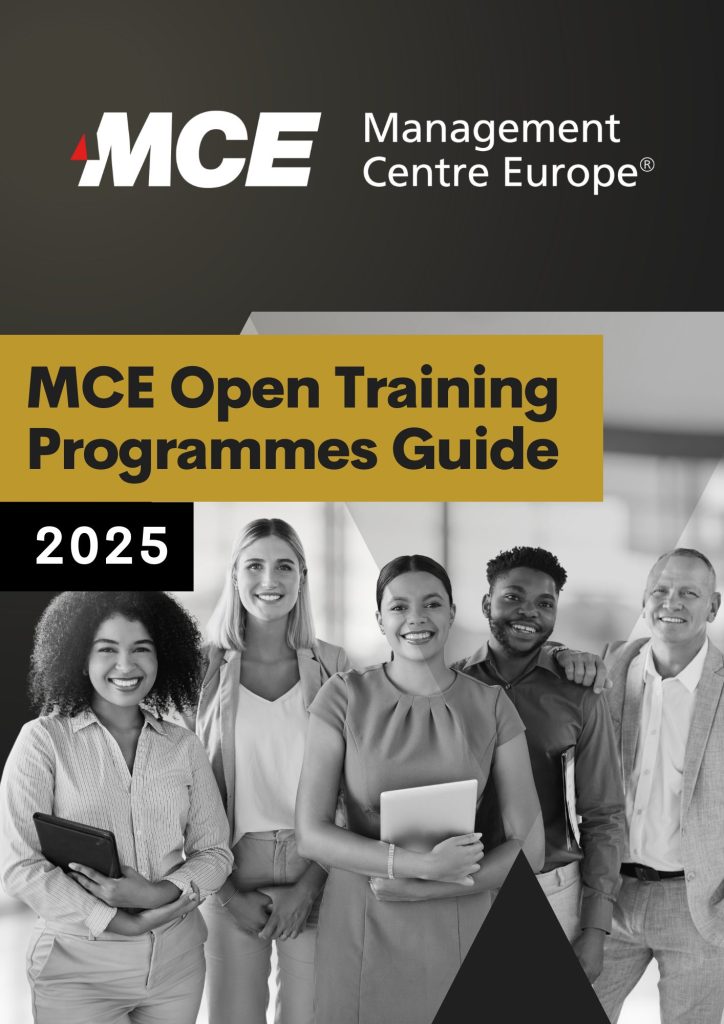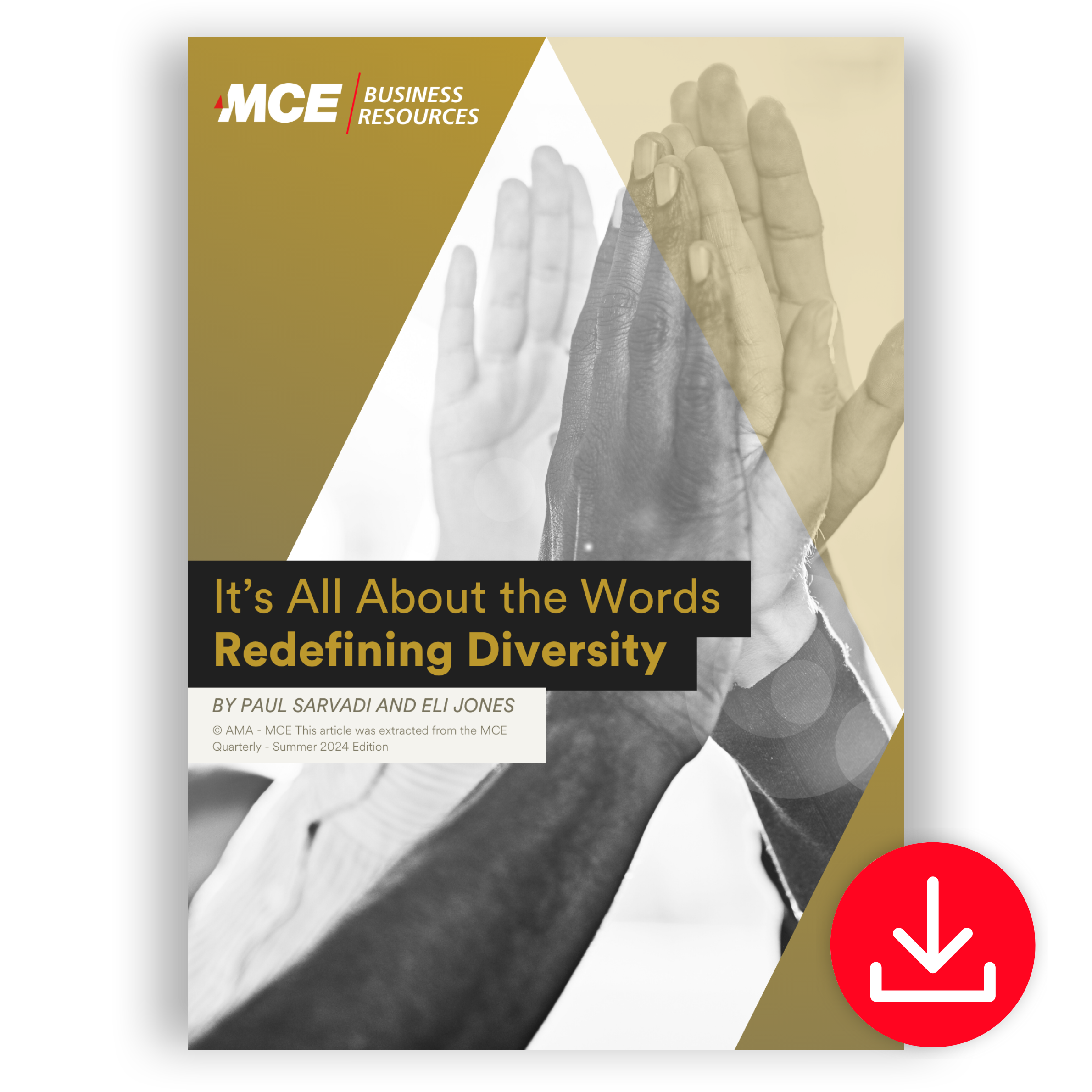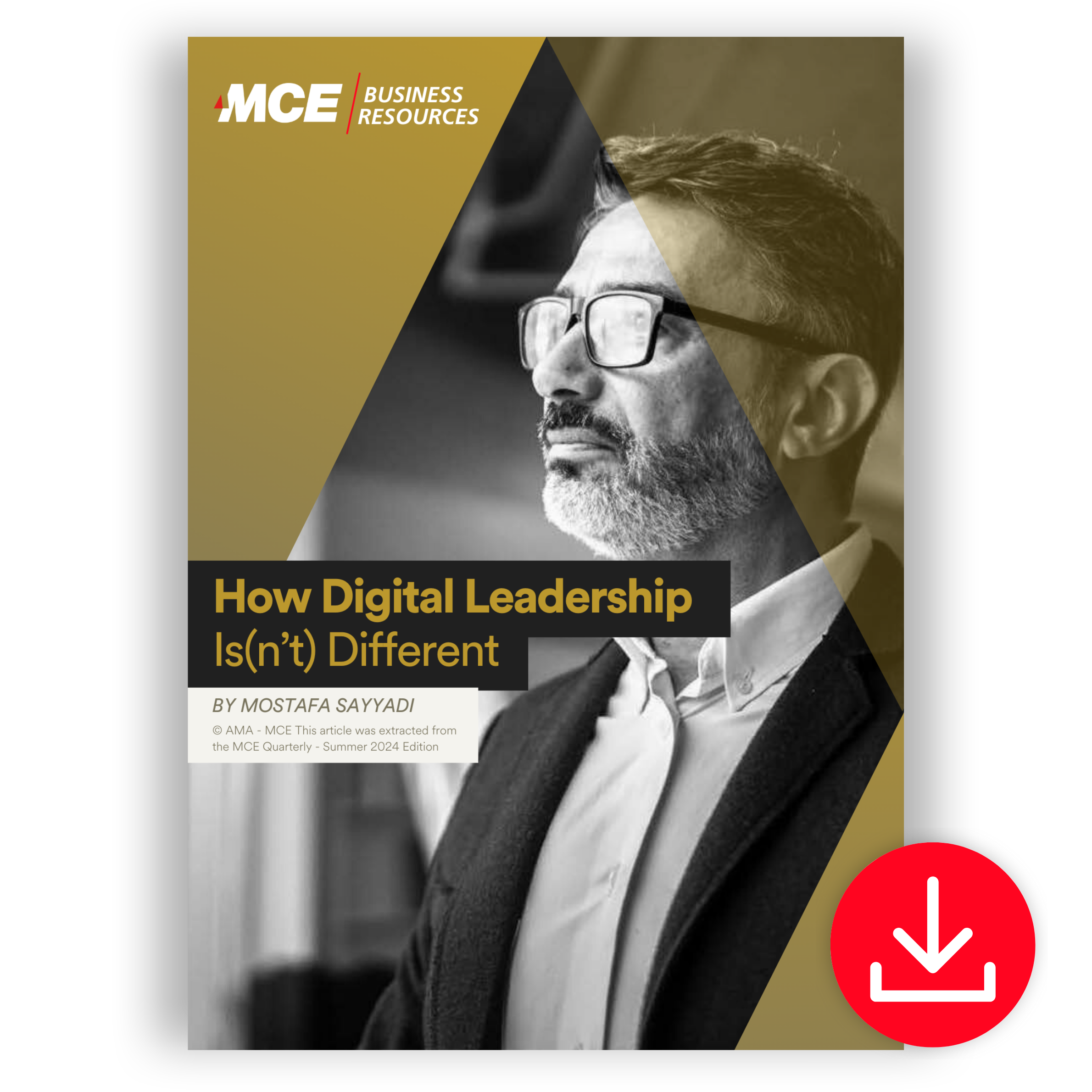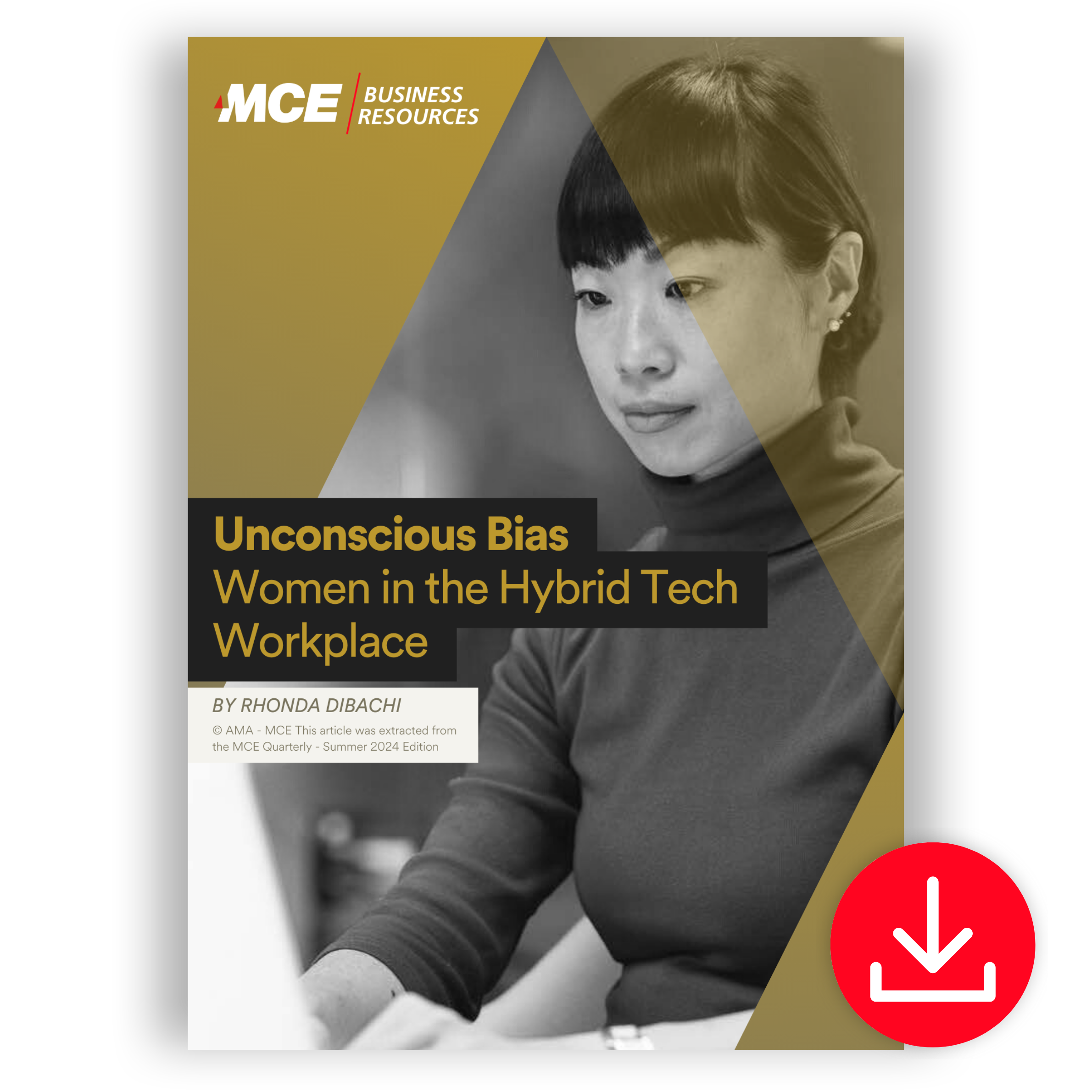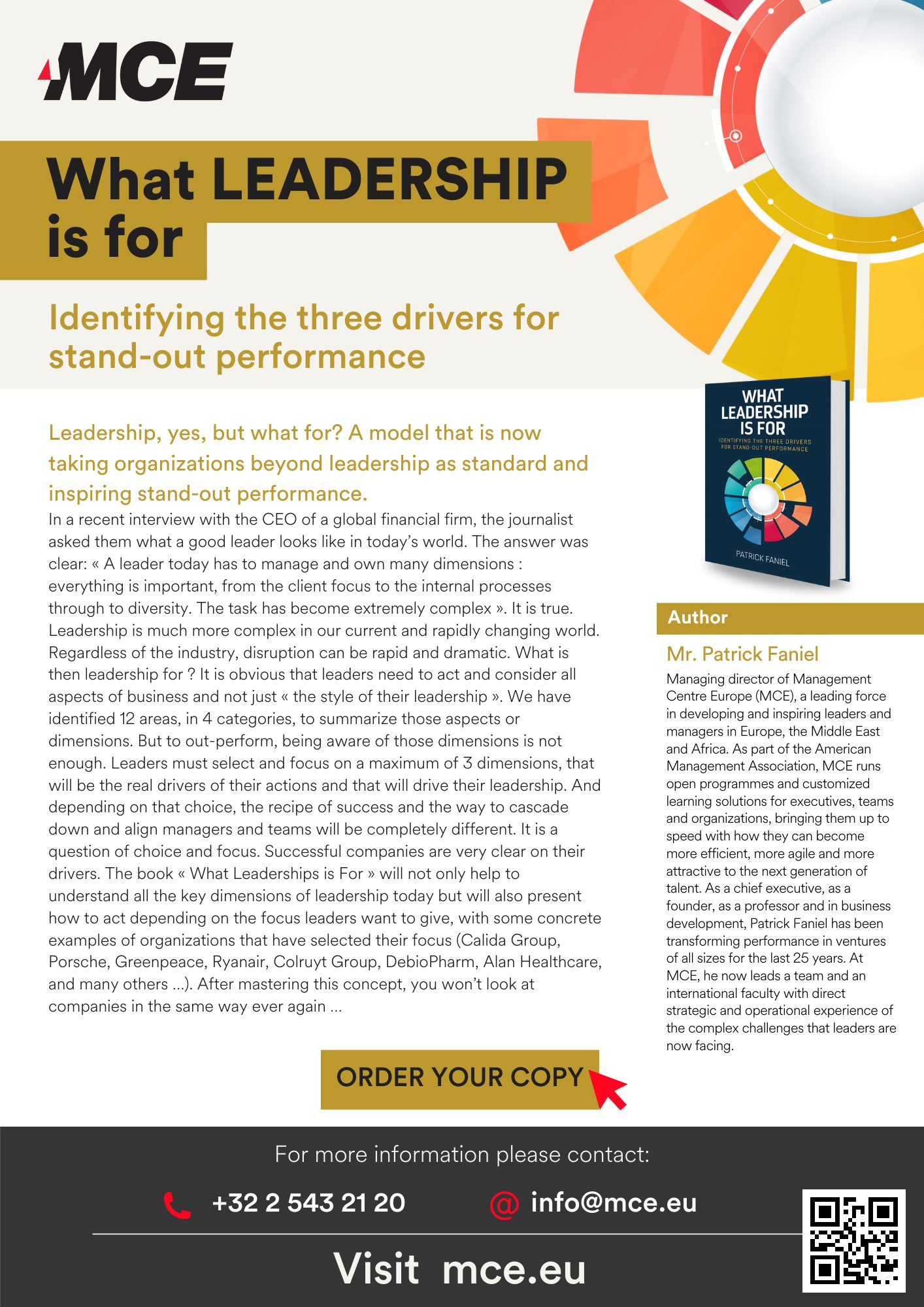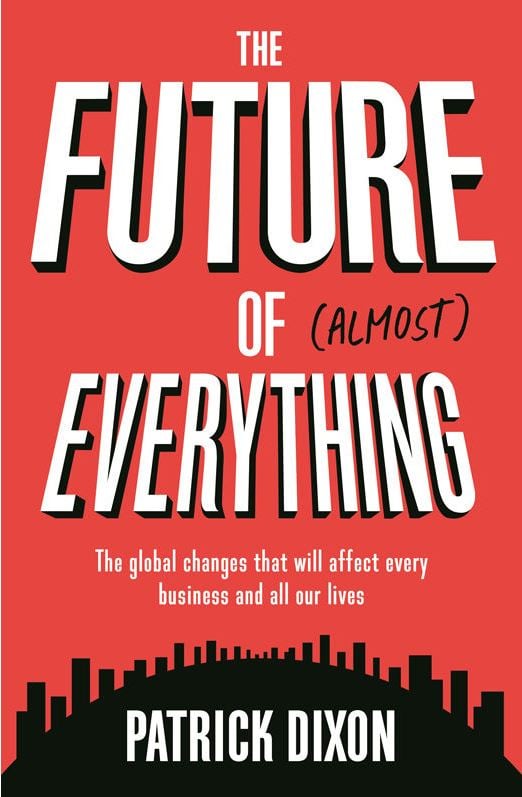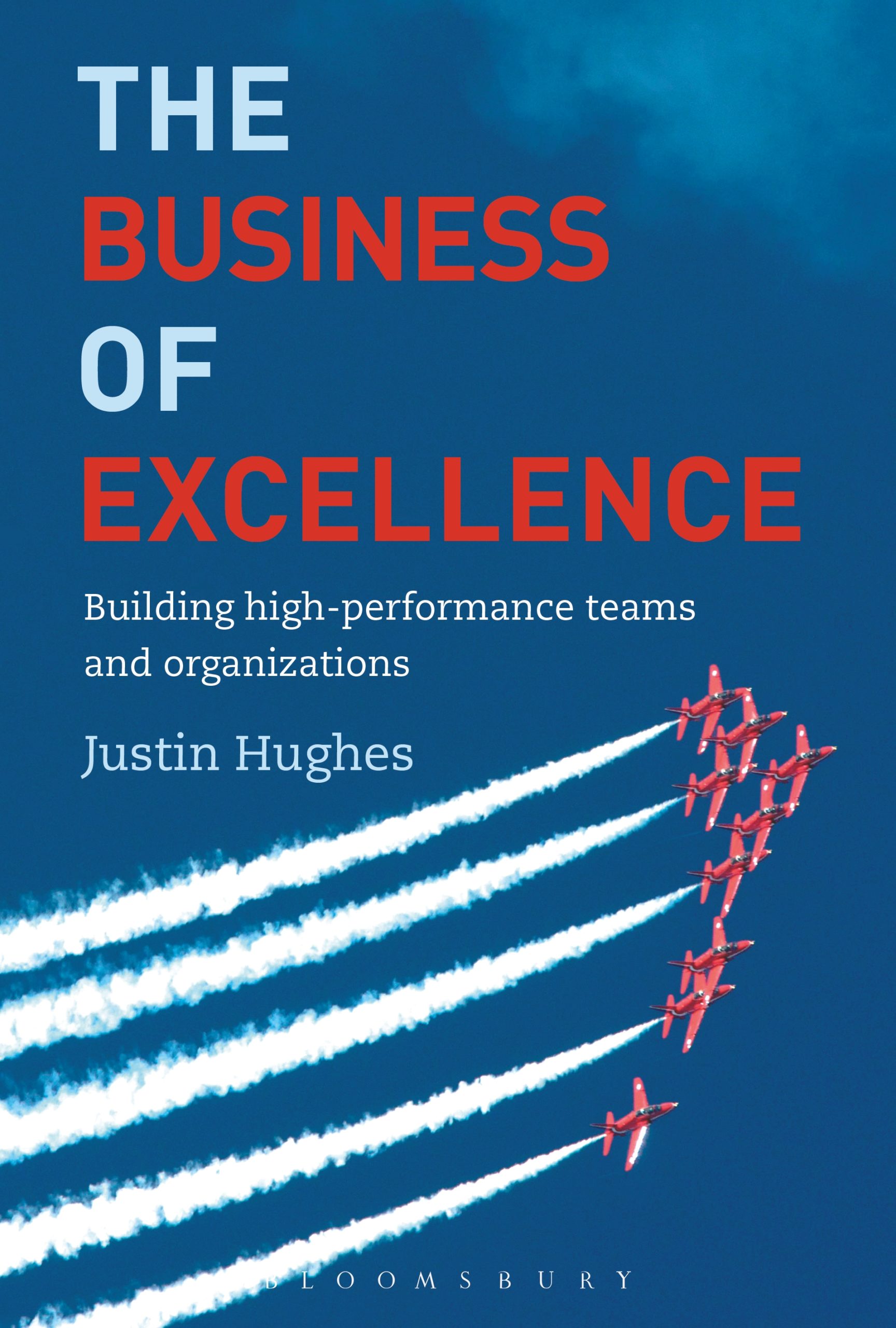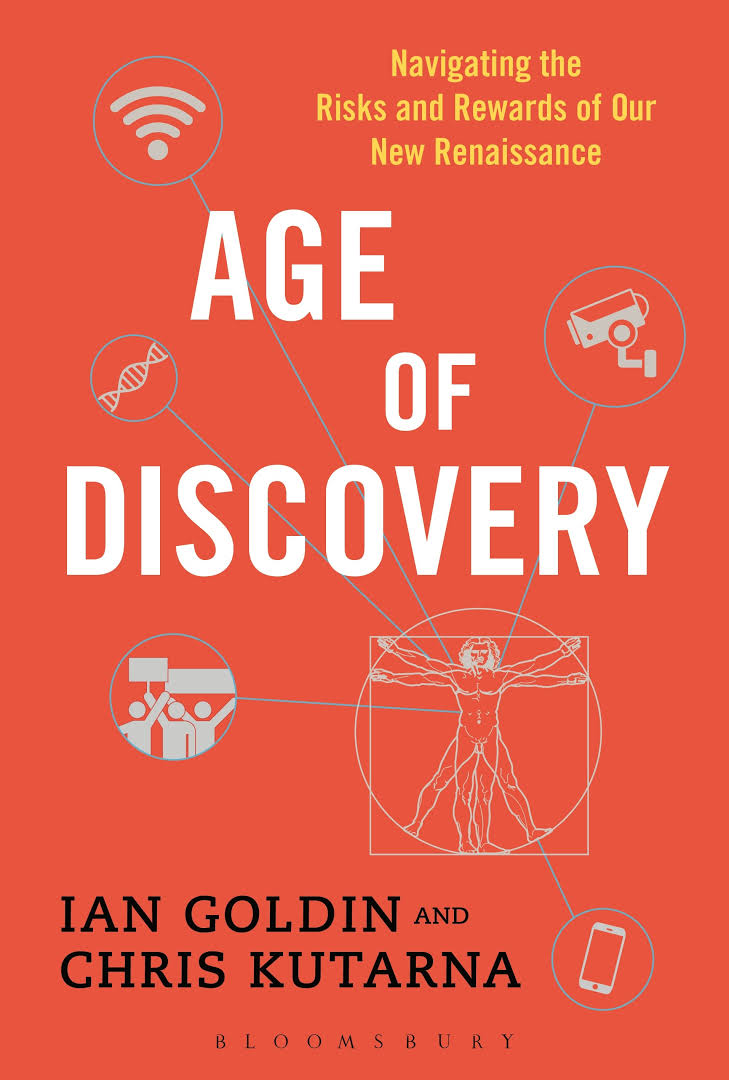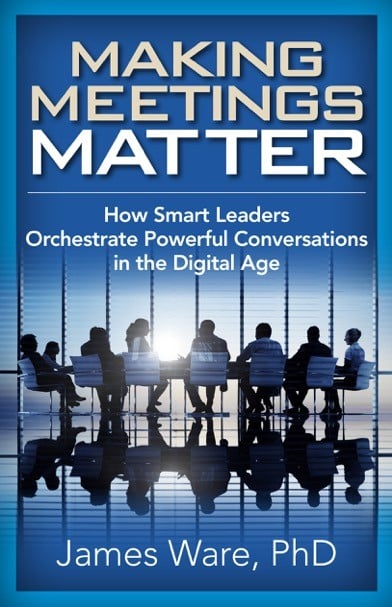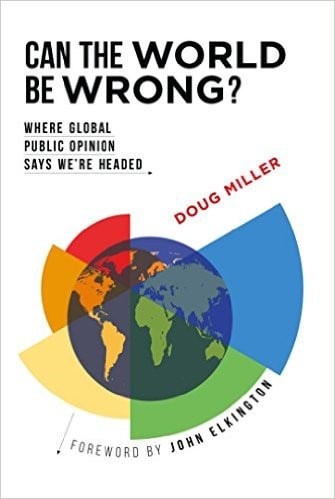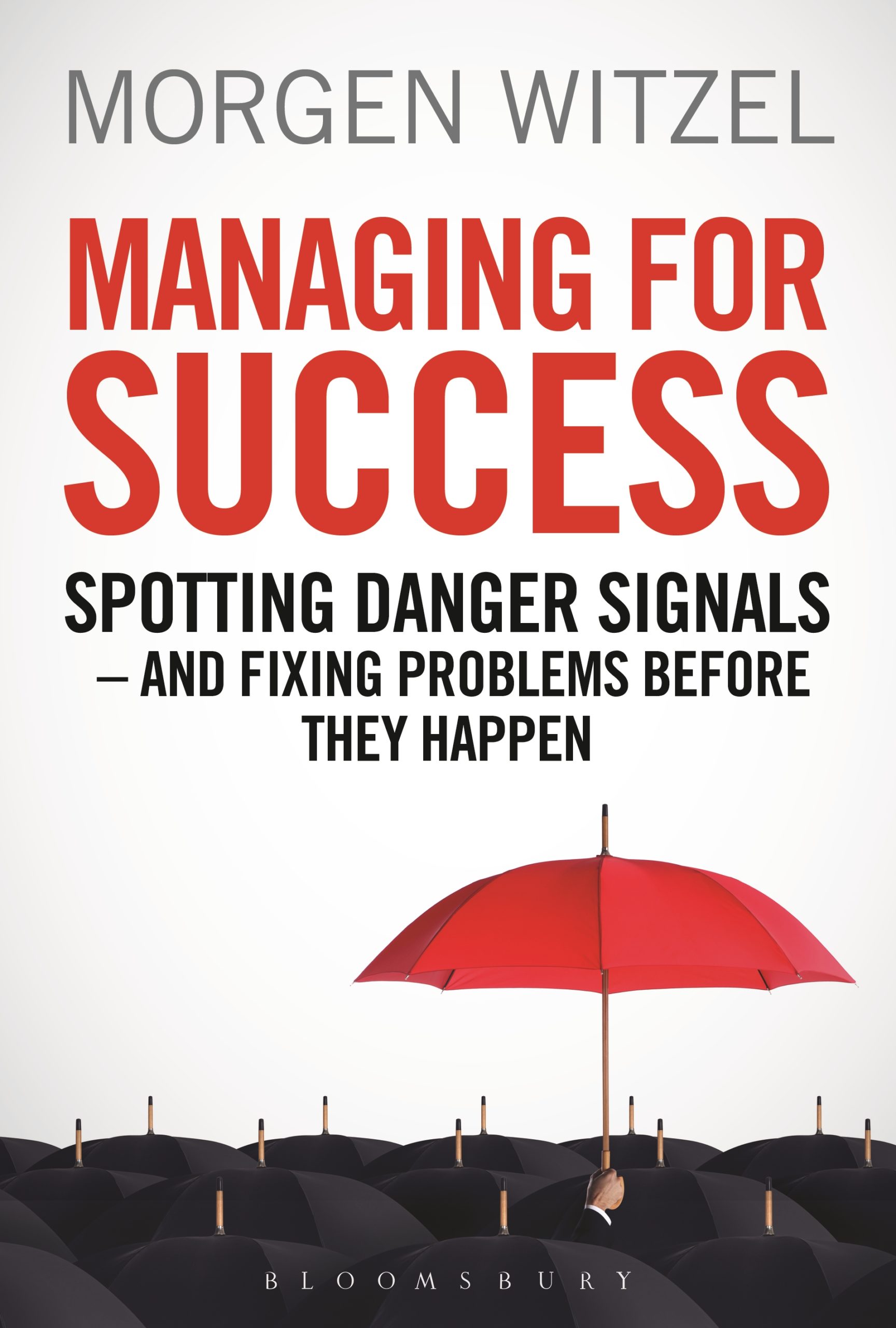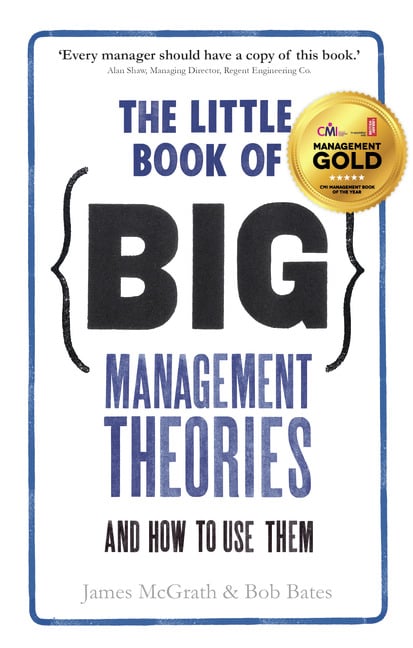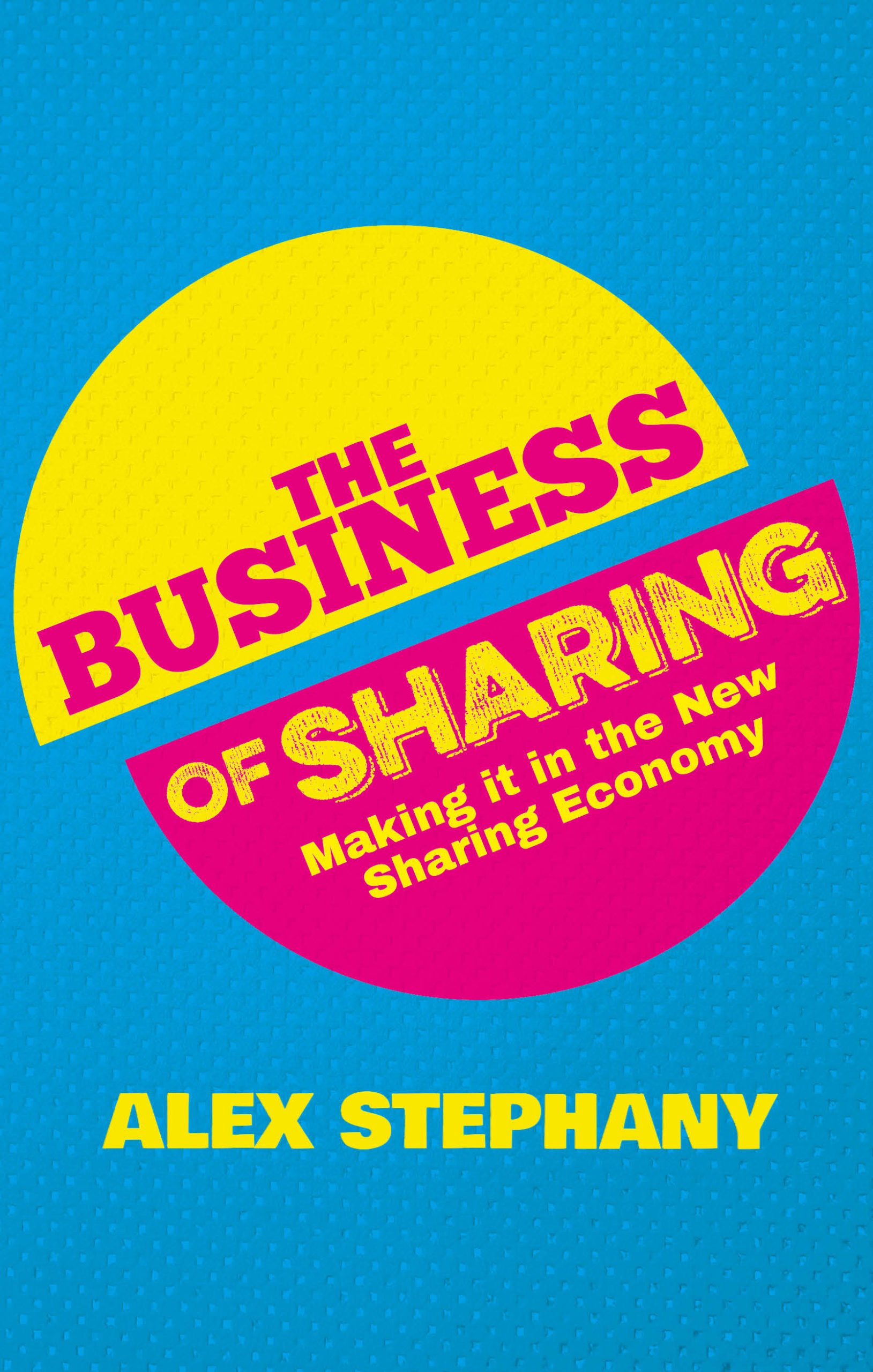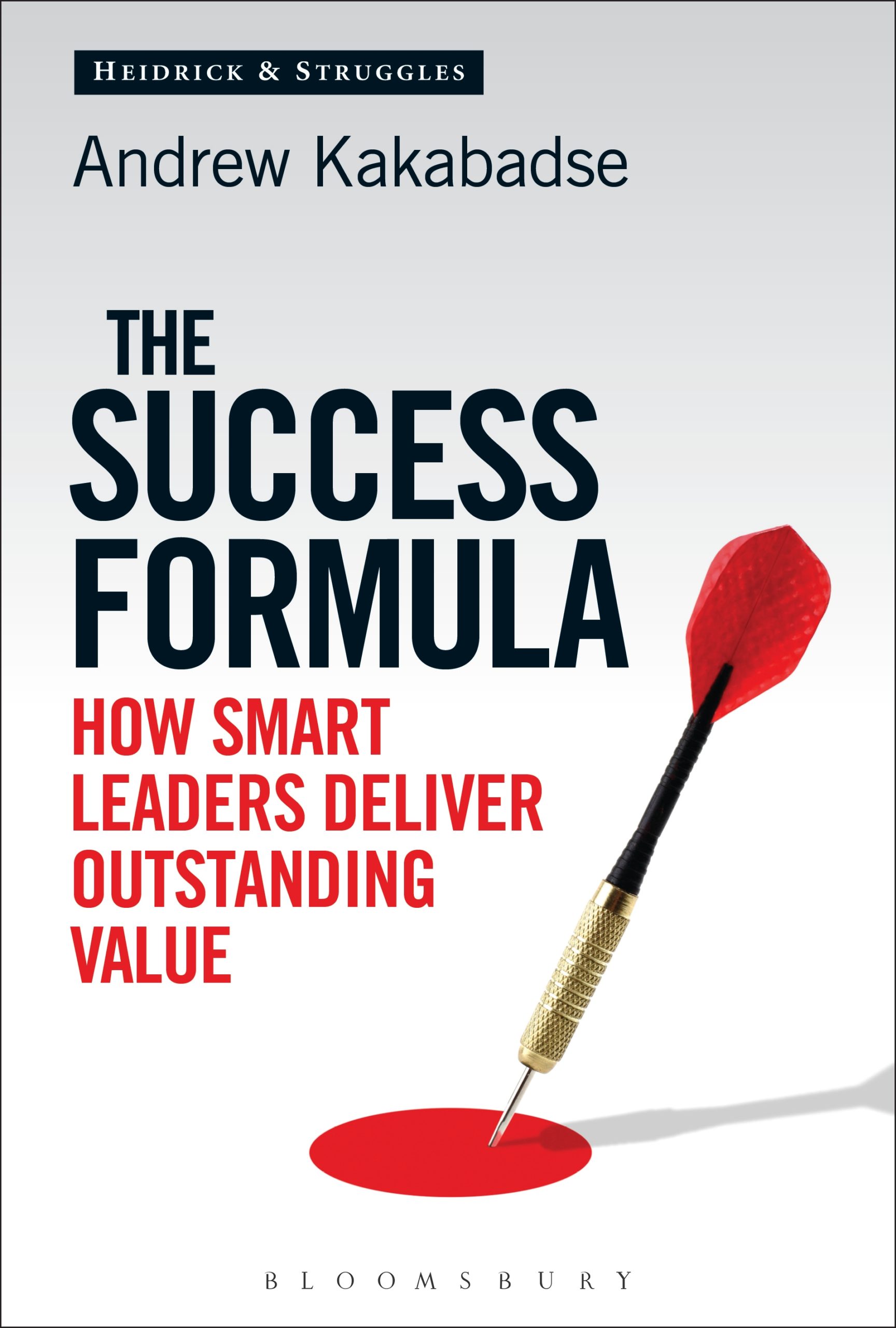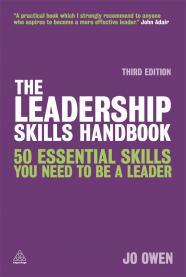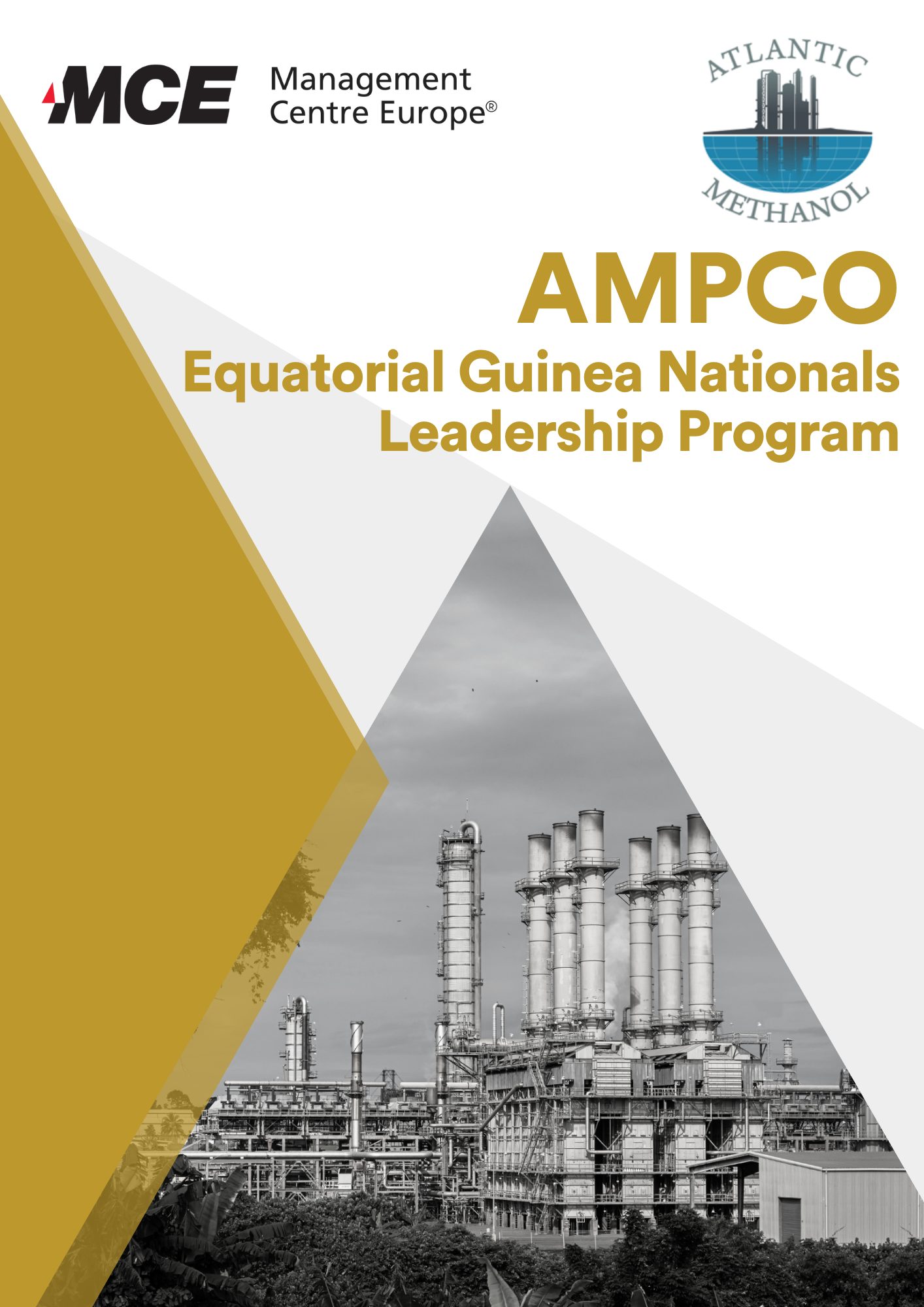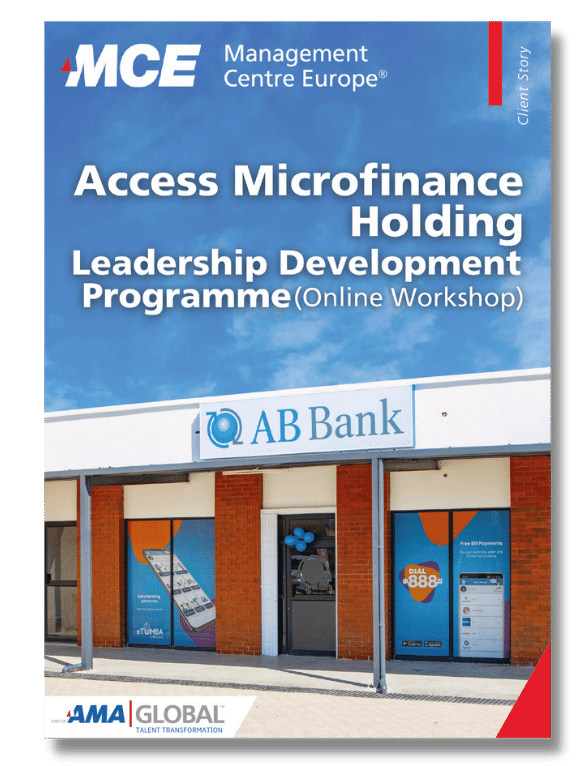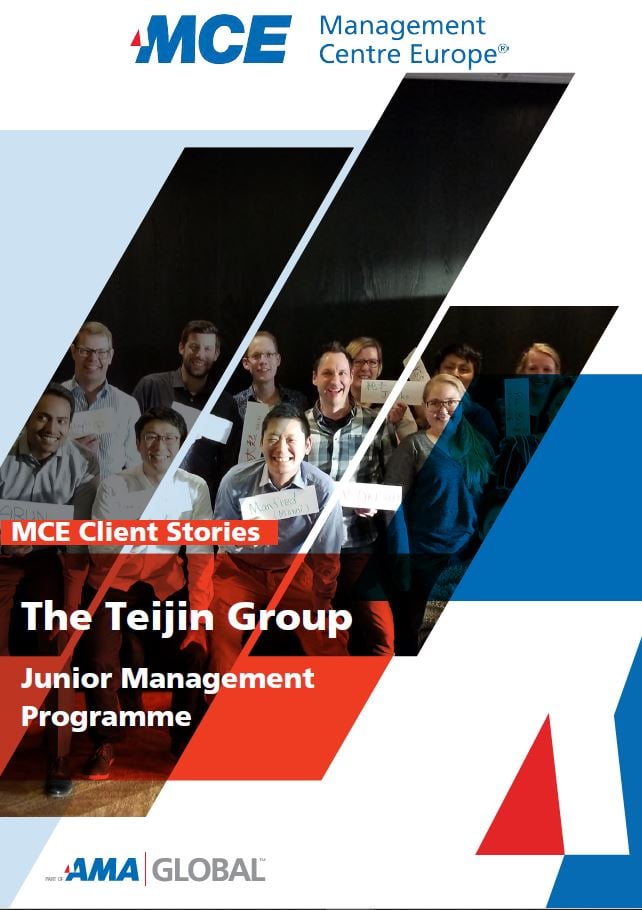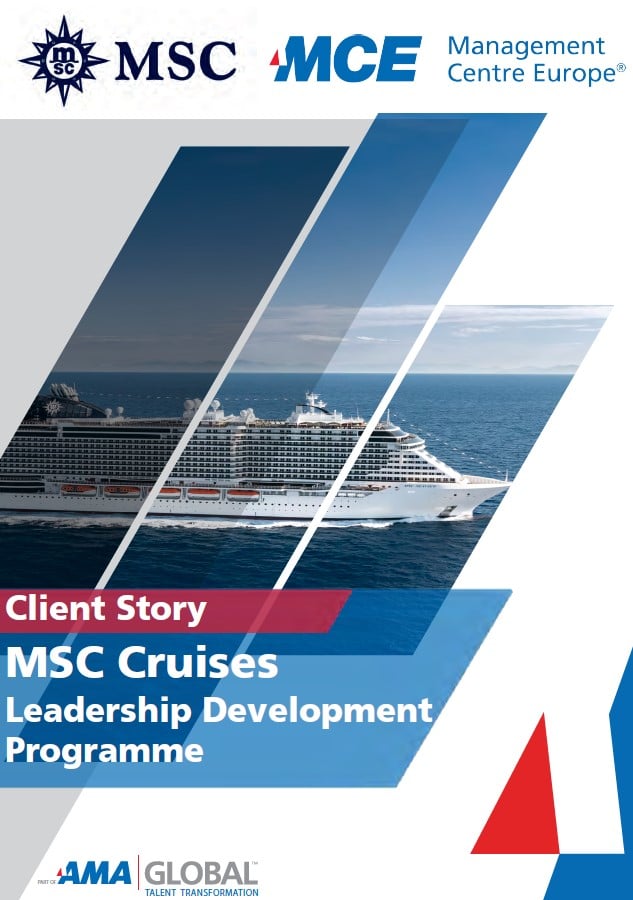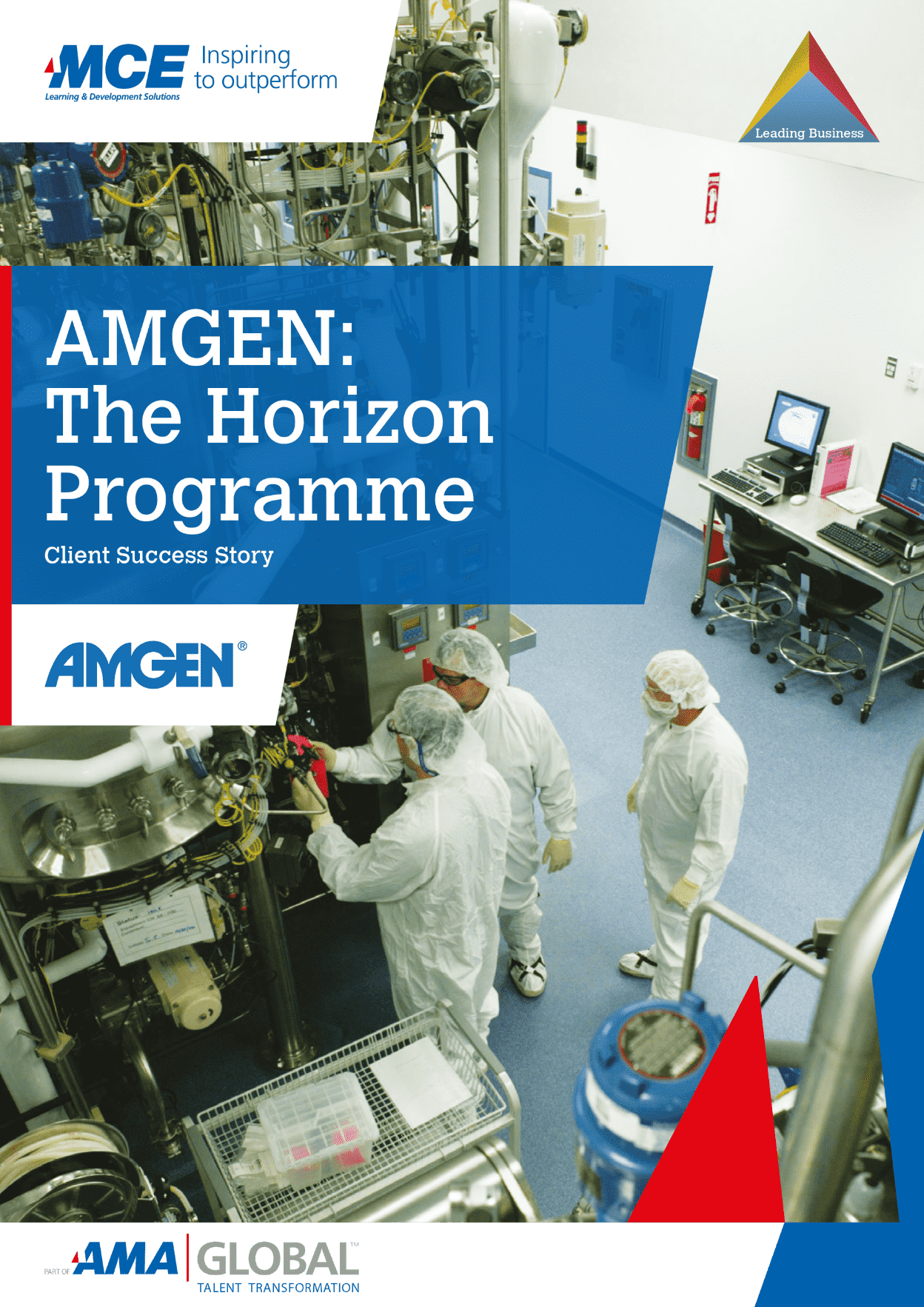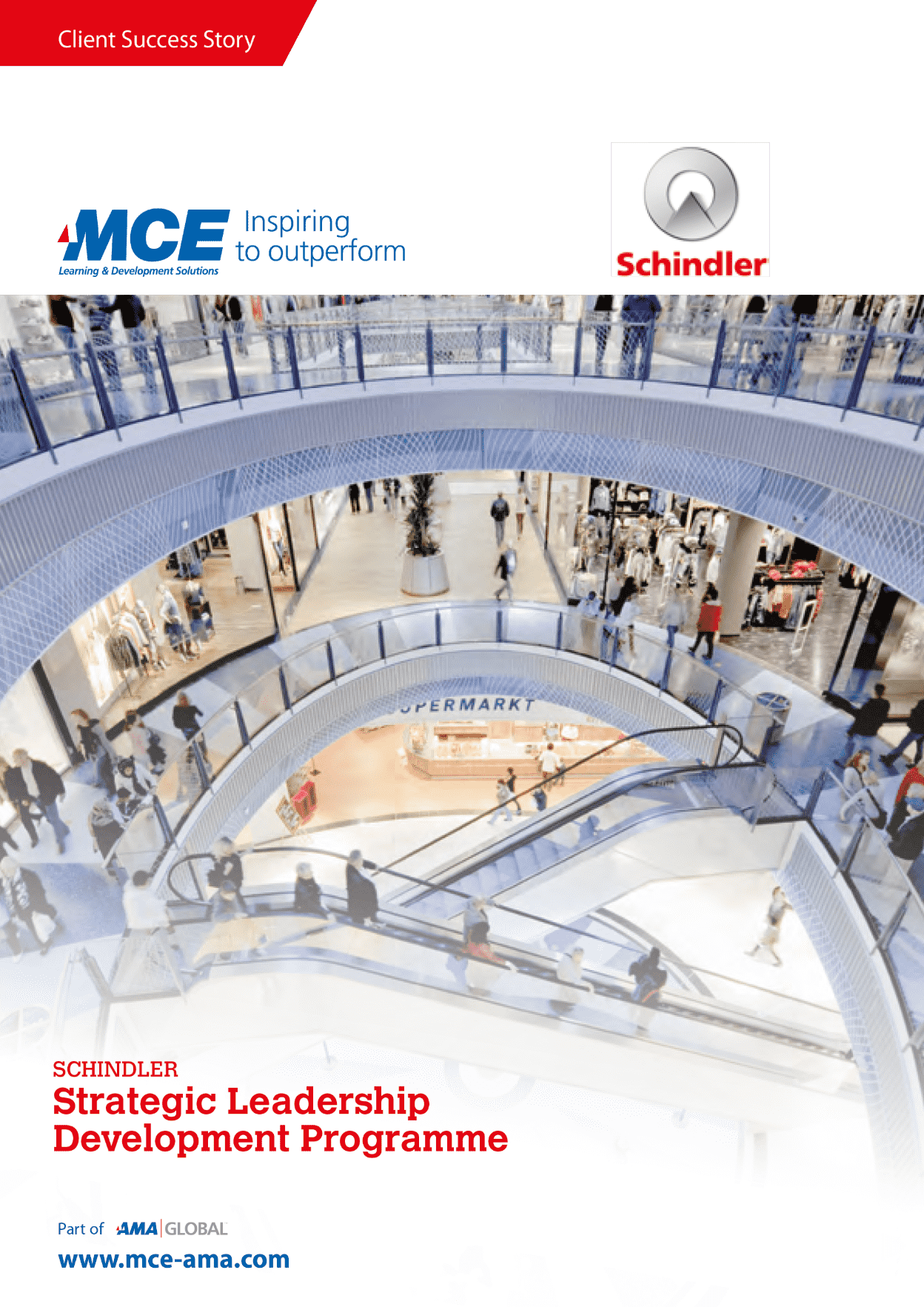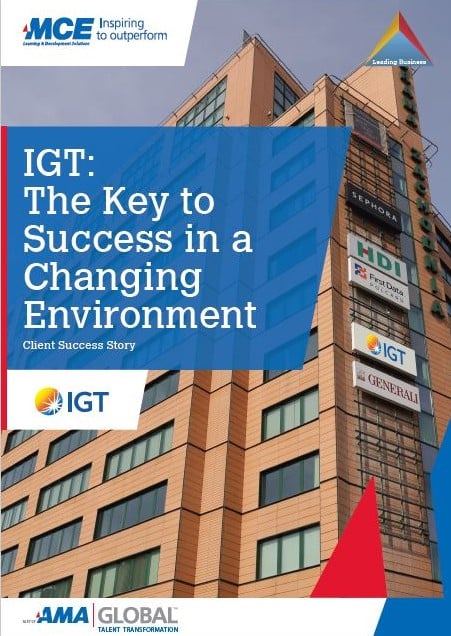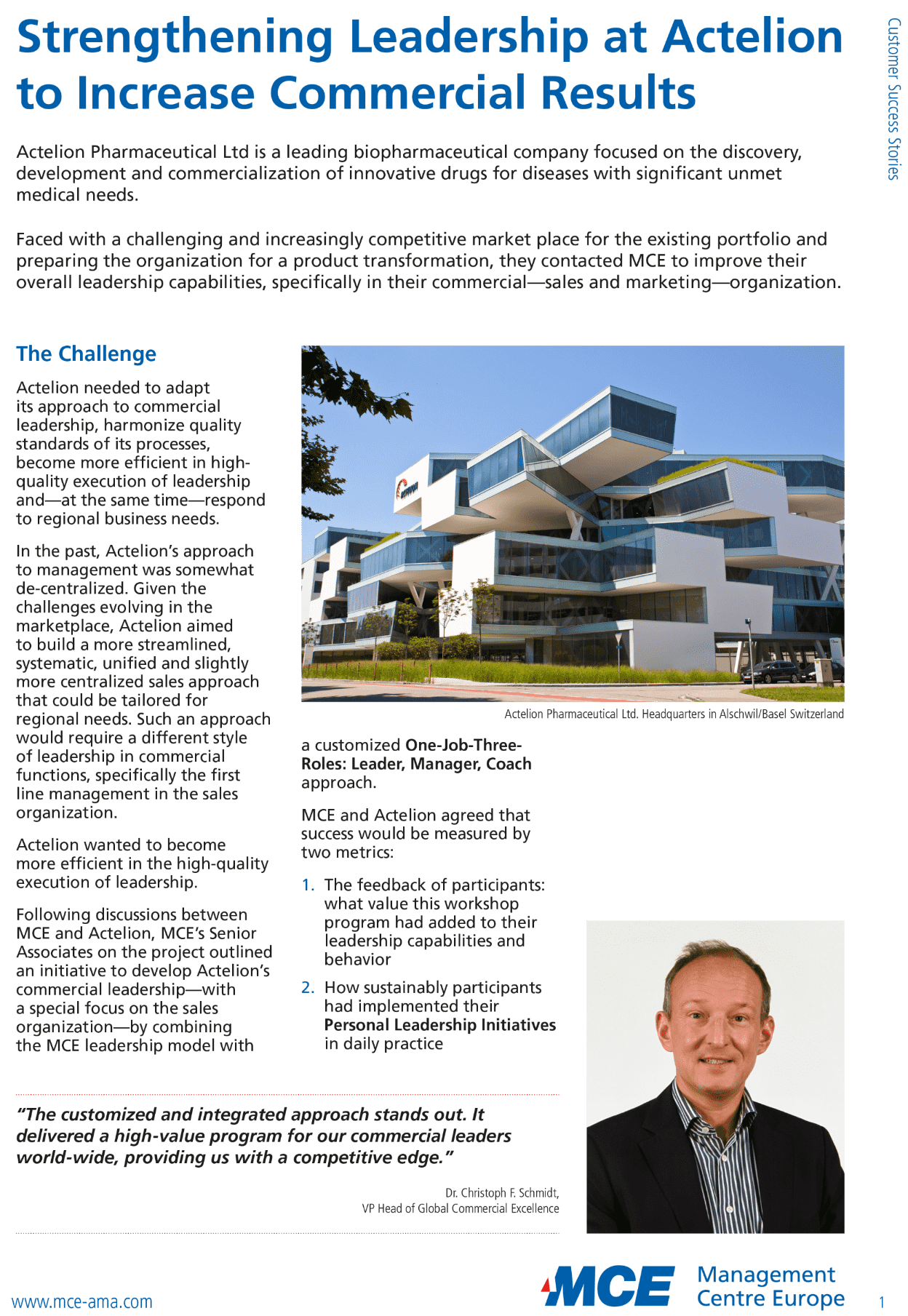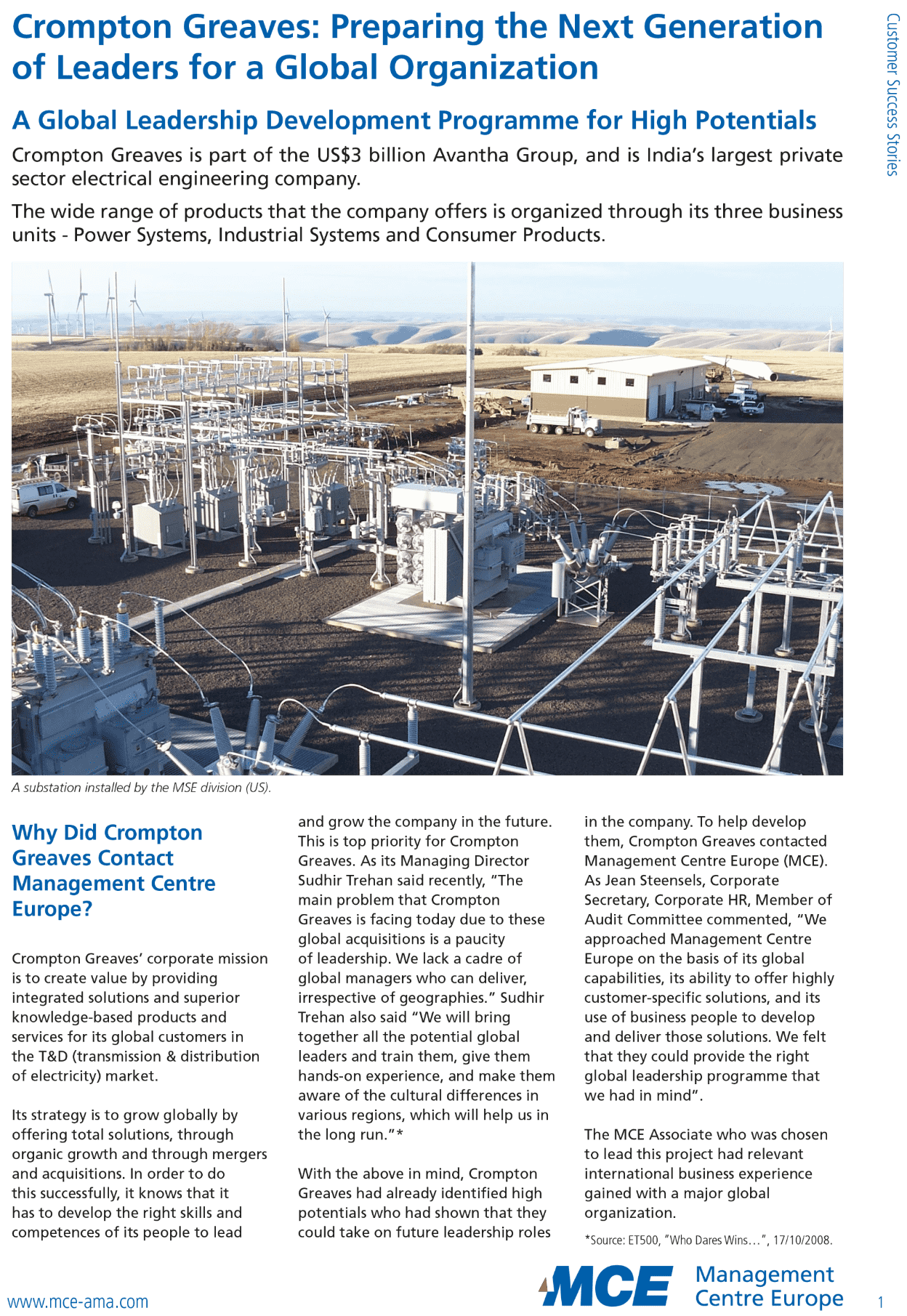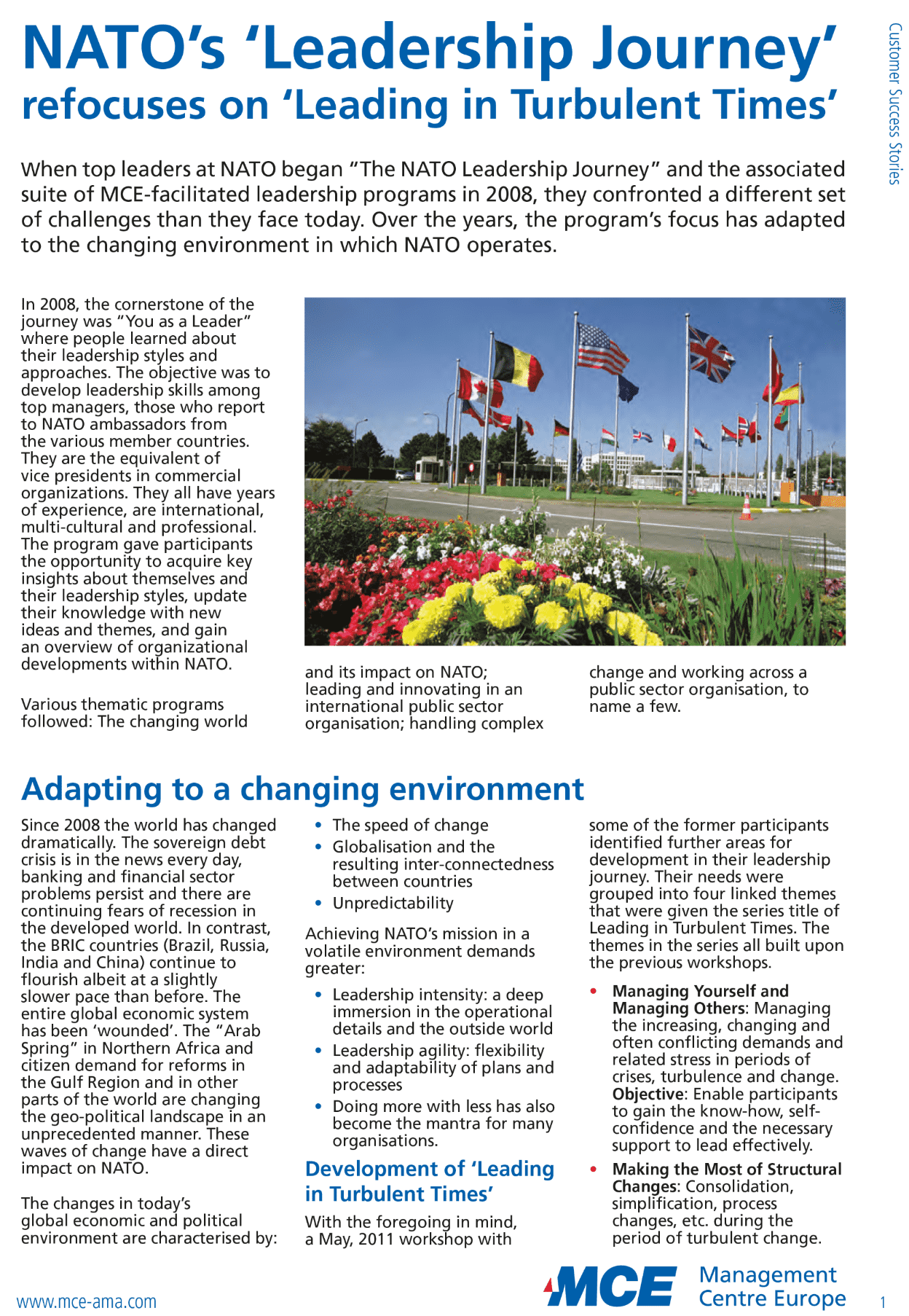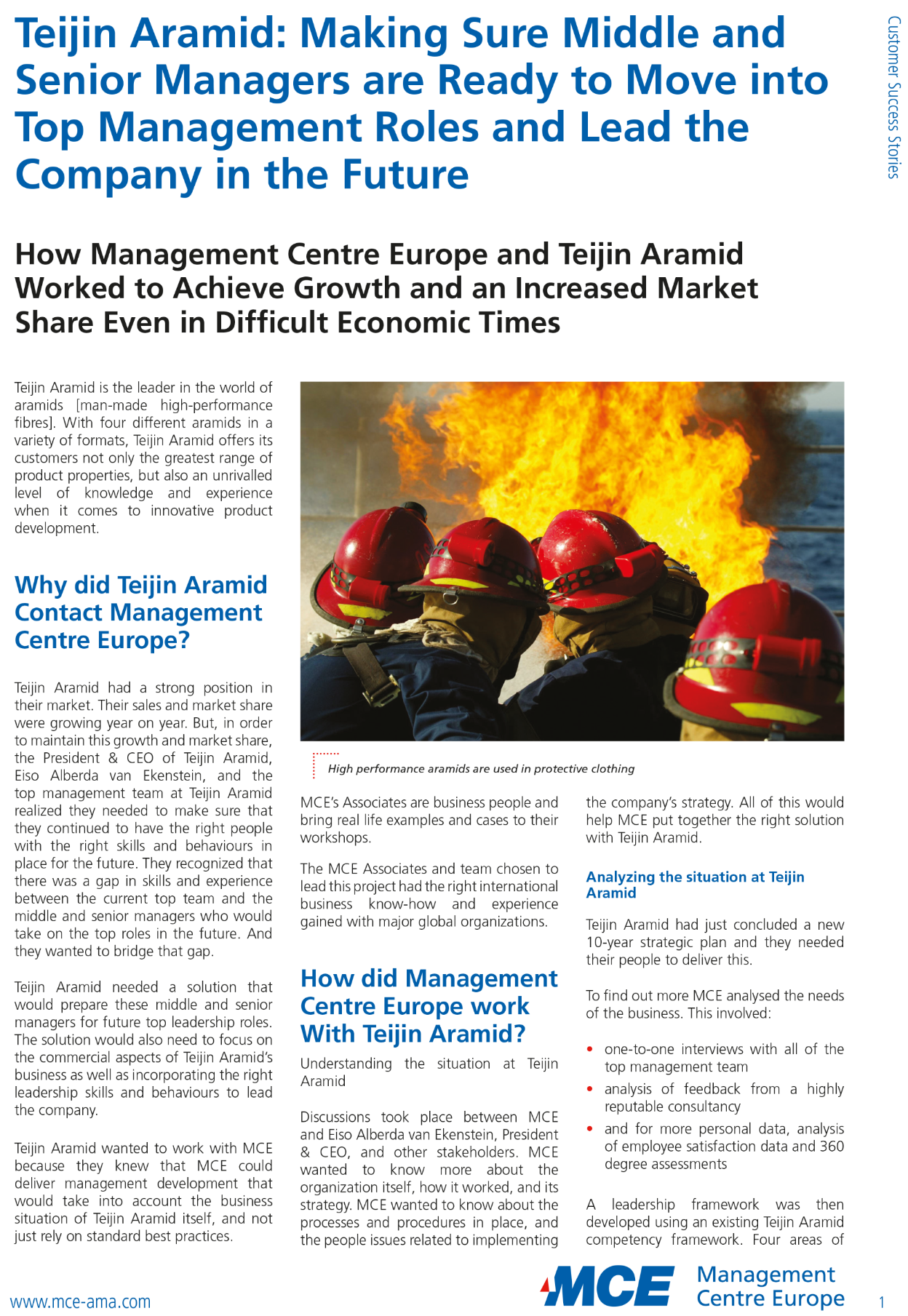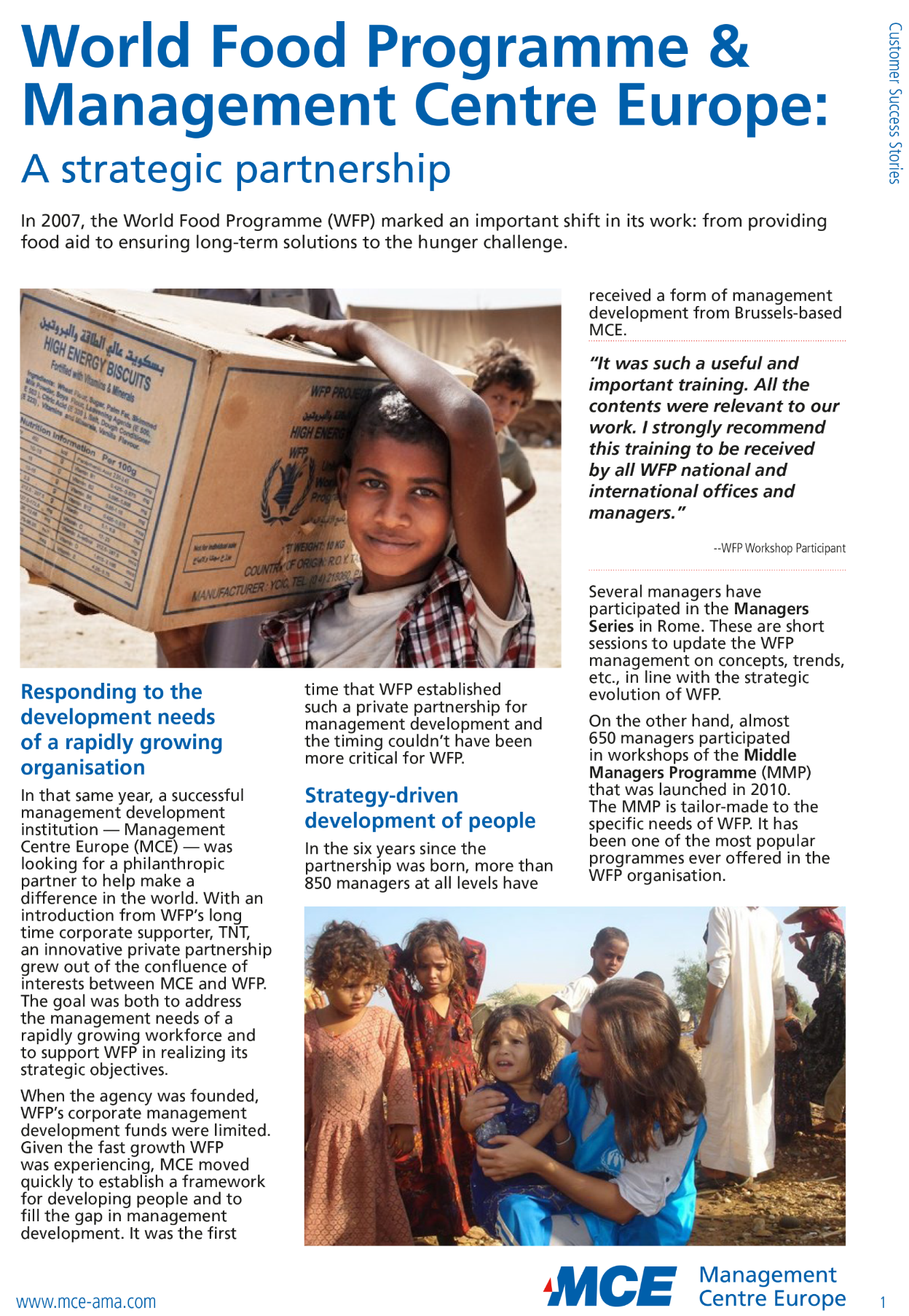
Overview
Learn more
Anti-Corruption Practices for Mid-Level Government Officials
In today's demanding public sector, you face a constant battle: upholding ethical standards while navigating complex pressures of limited resources, potential corruption risks, and tough ethical decisions. Ensuring transparency, and accountability, and building a trustworthy department can feel overwhelming. This programme equips you with the tools and strategies to lead with integrity in this challenging landscape.
Highlights
· Interactive Workshops: Engage in hands-on workshops that simulate real-world ethical dilemmas.
· Case Study Discussions: Analyze and discuss real-life cases of ethical leadership and anti-corruption.
· Practical Exercises: Participate in exercises that build skills in identifying and preventing corruption.
Key Competences
· Ethical Leadership
· Anti-Corruption Strategies
· Ethical Decision-Making
· Transparency and Accountability
· Effective Communication
· Culture of Integrity
The Right Programme for you
You are a mid-level government official with 3-5 years of experience in your role. Your job title is probably similar to Head of Department, Unit Manager, or Team Leader.
Levels:
· Executive Assistants
· Business Professionals
· New Managers
· Managers
· Senior Managers
Learn, Practice and Use
· Learn ethical principles and best practices to enhance your leadership.
· Identify fraud and corruption with effective strategies.
· Develop ethical decision-making skills for good governance.
· Enhance your communication to promote transparency and accountability.
· Foster a culture of integrity and build trust within your department.
· Manage teams ethically, promoting ethical behavior.
· Report suspected fraudulent activities properly and effectively.
· Promote transparency within your team and to the public.
· Champion ethical leadership and become a leader of change.
· Learn how to properly report suspected fraudulent activities
Programme Modules
What will you learn and practice?
This programme empowers middle-level government officials to champion ethical leadership and contribute to anti-corruption efforts within their departments. Through workshops, discussions, and practical exercises, participants will:
· Gain a comprehensive understanding of ethical principles and best practices for ethical leadership.
· Learn effective strategies for identifying, reporting, and preventing fraud and other corrupt practices.
· Develop strong ethical decision-making skills to navigate challenging situations and prioritize good governance.
· Enhance communication skills to promote transparency and accountability within their teams and with the public (focusing on upward, downward, and horizontal communication).
· Become champions of change by fostering a culture of integrity and building trust within their departments.
· Develop strategies for managing ethically and fostering ethical behavior within their teams.
Programme Modules
1. Ethical Principles and Leadership: Best Practices and Standards
· Understand core ethical principles in public service: Explore principles like integrity, accountability, fairness, and transparency.
· Develop leadership behaviors that promote high ethical standards: Learn to lead by example and cultivate a culture of ethical conduct within your department.
2. Anti-Corruption Strategies: Identification, Reporting, and Prevention
· Identify red flags and potential corruption risks: Recognize situations and practices that might lead to unethical behavior.
· Develop strategies for reporting corruption and protecting whistleblowers: Learn the proper procedures for reporting suspected wrongdoing and ensuring the safety of those who come forward.
3. Ethical Decision-Making: Navigating Challenges
· Analyze complex ethical dilemmas: Explore frameworks for identifying and resolving ethical conflicts that may arise in your daily work.
· Develop strategies for making ethical decisions under pressure: Learn how to prioritize public interest and ethical principles even in challenging situations.
4. Communication for Transparency: Upward, Downward, and Horizontal
· Craft clear and transparent communication across all levels: Learn how to effectively communicate policies, decisions, and performance data to superiors, subordinates, and external stakeholders.
· Embrace open communication channels: Foster a culture where open communication and constructive criticism are encouraged.
5. Fostering Integrity: Building a Trustworthy Department
· Develop strategies to promote a culture of integrity: Learn how to create a work environment that values honesty, accountability, and ethical conduct.
· Empower your team to make ethical decisions: Equip your team with the tools and knowledge to identify and navigate ethical issues.
6. Managing Ethically: Strategies for Ethical Team Management
· Hold yourself and your team accountable for ethical standards: Develop clear performance expectations that emphasize ethical behavior.
· Address ethical misconduct effectively: Learn how to investigate, address, and manage potential ethical violations within your team.
7. Reporting Corruption: Proper Procedures and Protocols
· Understand the framework and reporting channels for corruption: Explore the procedures for reporting suspected corruption within your organization and to external authorities.
· Protect yourself and others when reporting corruption: Learn strategies for ensuring the safety and confidentiality of yourself and those involved in reporting misconduct.
Testimonials
“ It is a perfect possibility to connect with people from different industries, who are dealing with the same issues.”
Agata Kulik, Product Manager Special Salts, Jungbunzlauer Ladenburg GmbH, Germany
“ Facilitator, content, tools, methods, room were very good and fitted to the participants and their needs.”
Andreas Armenat, Head of Production, GO Generics & Standard Solutions, Fresenius Kabi AG, Germany
“Very interesting topics, international and multicultural environment. Very professional coach.”
Alessandro Foresio, Vice President, Logic S.p.A., Italy
“The subjects covered were extremely relevant and gave input to my personal development.”
Rosa Karen Schmidt, Senior VP-Assistant, Novo Nordisk, Denmark
FAQ
ABOUT MCE’s OPEN ENROLMENT PROGRAMMES
What time does the programme start and finish?
MCE programmes start at 9:00 and finish at 17:00. Lunch is a 1-hour break and there are two coffee breaks too. On the last day, the programme finishes at 16:30 as we know a lot of people have to catch planes and trains.
What should I wear (dress code) when participating in an MCE Programme?
Most participants wear Business Casual clothes. A formal business suit is not necessary.
Are there MCE approved/recommended hotels?
Yes, each programme has recommended hotels that have the best rates. We include details of these hotels in your registration pack.
Are meals included? I don’t eat certain food. Can I order special meals?
Lunch is provided every day and we always organize a buffet so you have a good choice of foods to cater for different needs.
Are there evening activities?
Your evenings are free, although there some exceptions (e.g. On the MCE Leadership Development Programme there is an activity on day 3)
Is there a free Wi-Fi?
For programmes at MCE in Brussels, there is free Wi-Fi throughout the building. For other locations, the services can vary, but in most locations we have organized free Wi-Fi.
What level of English do I need to take part in an MCE Programme?
MCE’s participants come from over 90 different countries but all of our open enrolment programmes are run in English. You need to have a good working knowledge of English to be able to fully participate in the programme and network with other participants. If you have difficulty understanding these questions, the programme might be difficult for you too.
Will I get a certificate at the end of the programme?
Yes, a certificate of attendance is provided to you upon successful completion of the programme.
CONTENT OF MCE’S OPEN ENROLMENT PROGRAMMES
Are MCE programmes certified by an official body/organization?
10 of MCE’s top selling programmes are approved by Project Management Institute and you can find more information on these programmes here.
What is the MCE approach to learning and development?
All of MCE’s Open Enrolment programmes are based on MCE’s FEEL-THINK-DO and 70-20-10 principles to enable effective learning transfer.
Who designs MCE programmes?
Our Portfolio team together with the core MCE Senior Associates design all of our programmes based on the ROPES model.
Are MCE’s Programmes practical?
MCE’s programmes are all designed to allow to practice what you have learnt. So you will have lots of time to practice, practice and practice.
REGISTRATIONS, PAYMENTS AND FEES
Are VAT rates included in the price?
The price advertised in this page is VAT excluded and applicable to clients and companies legally based in the European Union.
All clients outside the European Union (EU), e.g. Middle East, Africa, Asia and America, are exempt from VAT rates. For them, the price advertised here is the final price to be paid.
- One exception: Training Programmes in France. All clients (inside or outside the European Union) following training programmes in France are liable to 20% VAT rates in all cases.
When are VAT rates applicable to me?
In the case of clients and companies legally based in the European Union, VAT rates will be added to the price in the following cases:
- If the client is a natural person (B2C) without a VAT number. 21% VAT applicable.
- If the training programmes runs in France: 20% VAT applicable.
- Also applicable to clients outside the European Union (EU)
- Except when
- The client is VAT-exempt
- If the client is legally registered in Belgium (independent from where in Europe the training programme is followed): 21% VAT applicable.
- Except when:
- The client attend the training programme in France: 20% VAT applicable instead.
- The client is VAT-exempt
- If the client does not provide a corporate VAT number or does not have any VAT number: 21% VAT applicable (Only applicable to clients in the EU).
- Except when:
I don’t have approval from my finance team yet, can I make a tentative registration?
Yes, simply contact us and we will hold a place for you.
Is hotel accommodation included in the programme fee?
No, participants are expected to arrange their own accommodation and travel. The Programme fee covers the programme attendance, materials, lunches & refreshments.
Does MCE give discounts or grants for individual registrations?
MCE works mostly with companies and organizations and we can provide corporate deals for group bookings or preferred supplier deals. If you would like to discuss a corporate deal, we will be happy to talk to you.
Can I pay with my corporate credit card?
Yes, you can. We accept VISA, Mastercard and Amex.
Does MCE have corporate deals/frameworks available?
Yes, we have. Please contact us for more information.
Can I cancel or change my booking free-of-charge?
At MCE, we understand that business people have commitments and changes do happen. So you can cancel or change your registration up to 21 days before the programme starts without any fees or charges. After that date, you will need to pay full fees, but you are allowed to transfer once to a new programme date.
The MCE Team is ready to answer any questions you have. Please contact us by phone, email, contact form or even website chat. We would be happy to talk to you!



